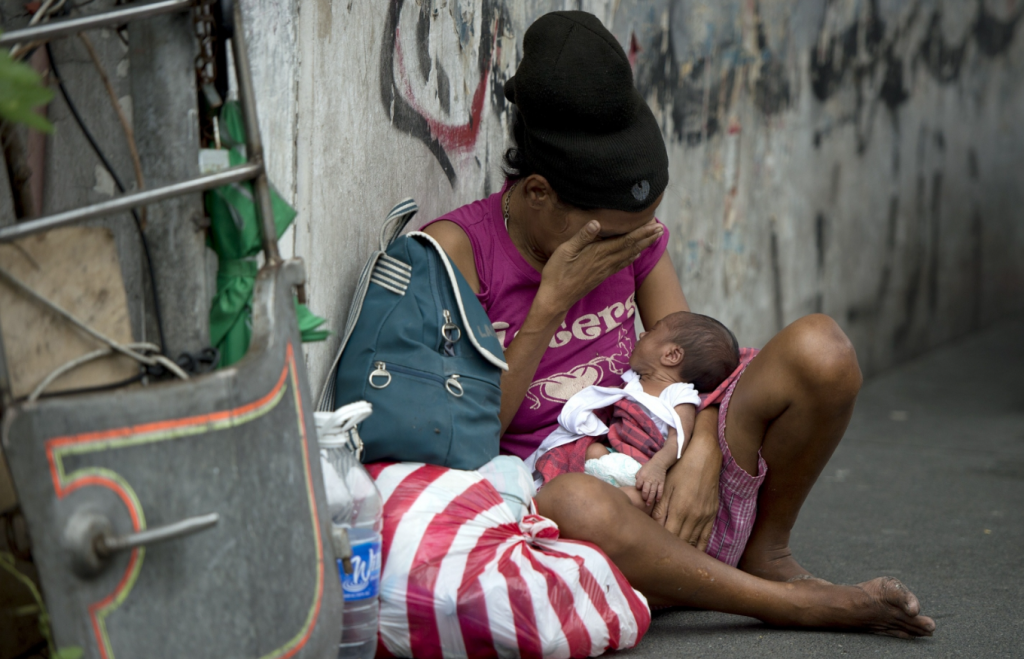
As hardship deepens in Nigeria
Since President Bola Ahmed Tinubu’s administration began 16 months ago, Nigerians have faced relentless economic challenges. From the moment the President declared, “subsidy is gone,” citizens have been burdened with skyrocketing petrol prices that have triggered record inflation, soaring food costs, and increasing unemployment. The consequences? Widespread hunger, food insecurity, and growing economic despair.
The recent abrupt hike in petrol prices, from N865 per liter to an astonishing N1,030 per liter, comes as another heavy blow. In May 2023, petrol was priced at just N175 per liter. This dramatic escalation, despite multiple protests like #EndBadGovernance and #FearlessInOctober, illustrates an alarming disconnection between government policies and the realities faced by everyday Nigerians. Such increases only deepen the suffering and paint a picture of an administration struggling to address its primary duty of providing welfare and security.
The ripple effects of these policies are devastating. Inflation continues to soar—rising from 25.80% in August 2023 to a staggering 32.15% in August 2024. The cost of basic foodstuffs, such as brown beans, yams, and garri, has surged by over 200%, making them inaccessible to many households. Shockingly, the price of cooking gas has now reached N1,500 per kilogram, forcing many to turn to dirtier, more hazardous alternatives like firewood and charcoal.
This brings severe health risks, especially to women and children. The World Health Organization (WHO) has repeatedly warned about the dangers of indoor air pollution, which claims millions of lives annually due to the use of solid fuels for cooking. The rise in dirty fuel usage not only exacerbates environmental degradation but also worsens public health outcomes.
This is where the role of CSR and sustainable practices becomes crucial. The private sector, particularly companies in energy, agriculture, and food production, must step up to address these challenges. By aligning with sustainability goals, businesses can invest in initiatives that promote clean energy alternatives, support local agriculture, and empower communities. Energy companies should spearhead programs that make LPG more affordable, while food producers can focus on sustainability-driven agricultural practices to ensure that staple foods remain accessible to the most vulnerable populations.
Beyond that, organizations should leverage CSR initiatives to invest in education, skills development, and youth empowerment. By fostering innovation, promoting clean energy solutions, and supporting entrepreneurship, the private sector can contribute to reducing unemployment and creating long-term sustainable growth.
The Federal Government must urgently rethink its approach. It’s not just about policies; it’s about making those policies human-centered and sustainable. Addressing economic challenges should not come at the cost of citizens’ well-being. Cutting wasteful expenditures, tackling inflation head-on, and implementing transparent subsidy removal processes are critical to rebuilding trust and restoring economic stability.
Nigeria cannot afford to prioritize white elephant projects while its people struggle to survive. Instead, the government must focus on stimulating local industries, fixing the nation’s power supply, and investing in renewable energy solutions. By directing the gains from subsidy removal into productive, sustainable ventures, Nigeria can achieve long-term economic growth that benefits everyone—not just a select few.
In these difficult times, the government’s reforms must reflect a sustainable, people-first agenda. Collaborative efforts between the government, private sector, and international partners are essential to designing homegrown solutions that go beyond short-term relief. Investment in green infrastructure, sustainable agriculture, and clean energy initiatives should be prioritized. These efforts will not only alleviate the immediate economic burden but also help build a resilient, sustainable economy for the future.
The urgency of the situation cannot be overstated. The government must act quickly to craft solutions that address both the economic crisis and the environmental challenges facing the country. Nigerians deserve better. They deserve policies and reforms that lift them out of hardship, not push them deeper into it.
Now is the time for leadership that puts people first and embraces sustainability as the cornerstone of Nigeria’s future.









